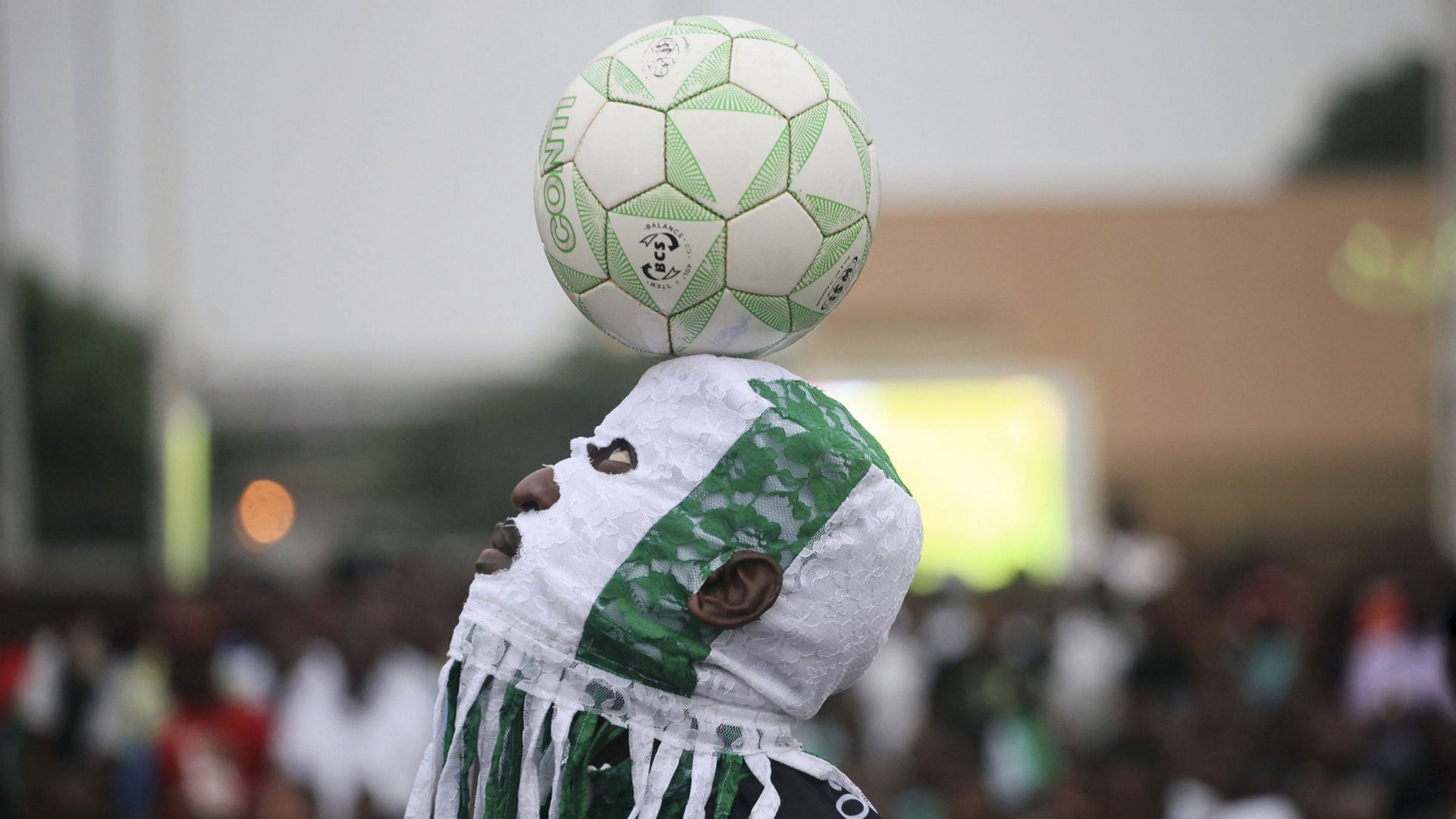Football brings Nigerians together—that’s why Boko Haram attacks it
In the days before my family could afford cable television, and during the period when DSTV, the preeminent satellite TV provider on the African continent, lost the Premiership rights to a local upstart, I had to satisfy my desire to watch European matches at a viewing center close to my house. I would go there a couple of days a week to watch my favorite team—Manchester United—with dozens of other fans, and multiple screens showing other games.


In the days before my family could afford cable television, and during the period when DSTV, the preeminent satellite TV provider on the African continent, lost the Premiership rights to a local upstart, I had to satisfy my desire to watch European matches at a viewing center close to my house. I would go there a couple of days a week to watch my favorite team—Manchester United—with dozens of other fans, and multiple screens showing other games.
It was just one of several viewing centers in my neighborhood, the city of Lagos, and all across Nigeria. Think of the average viewing center as something like a real-life Twitter, a coming together of all sorts of characters to exchange banter with fans of opposing teams and run commentary on every game. It contributes to a shared experience, the kind you do not get from watching football alone.
These days, however, the cost of that shared experience can mean your life, especially if you live in Nigeria’s North-East. Since the state of emergency declared over a year ago in Adamawa, Yobe and Borno states to combat the Boko Haram insurgency, the terrorists have increasingly turned their sights to soft targets like schools, and recently, bars and viewing centers where football fans gather to watch games, to inflict maximum casualties.
In the last few months, there have been explosions in Adamawa, Borno and Plateau states, all targeting football fans. In response, the governments of Adamawa and Plateau banned the operation of viewing centers indefinitely. This did not come as a surprise because of the ongoing World Cup, and Nigeria’s participation in it.
During the game between Brazil and Mexico, another bomb went off in Yobe’s capital of Damaturu, leaving two dozen dead and an even greater number injured. This gives Nigeria’s second World Cup game against Bosnia this weekend an added significance.
Ben Alaiya, media officer for the Super Eagles, is quoted by the AFP as saying: “It further boosts the determination of the players to do well against Bosnia and win for them because it’s the love of football that led to so many people dying, while they were watching the game. It’s sad that it happened”.
In Nigeria, football is a religion. It is one of the few things that brings the country together across ethnic and religious lines. The senior national team, the Super Eagles, are the ultimate symbol of that unity. After a period of underachieving, Nigerians are once again optimistic about the national team, who attend the World Cup as reigning African champions, their first title in nearly twenty years. That title, won in Feb. last year, made the public fall in love with the team again and brought the country together.
Football is often an escape from the ugliness of everyday life, and that is even more true in a region under a cloud of insecurity for the last few years. The World Cup provided another avenue to forget the problems, albeit temporarily, but now even that has been denied.
That is one of the effects of terrorism. It forces a change in lifestyles. Public gatherings in North Eastern Nigeria, even to celebrate a festival of football that comes just once in four years, are likely to attract a high price. You cannot watch a game without looking around nervously from time to time.
When the Eagles take the field against Bosnia, they will carry the hopes of 170 million Nigerians. Those who are watching, those who cannot watch, and those who are forced to choose between watching a football match and staying alive.